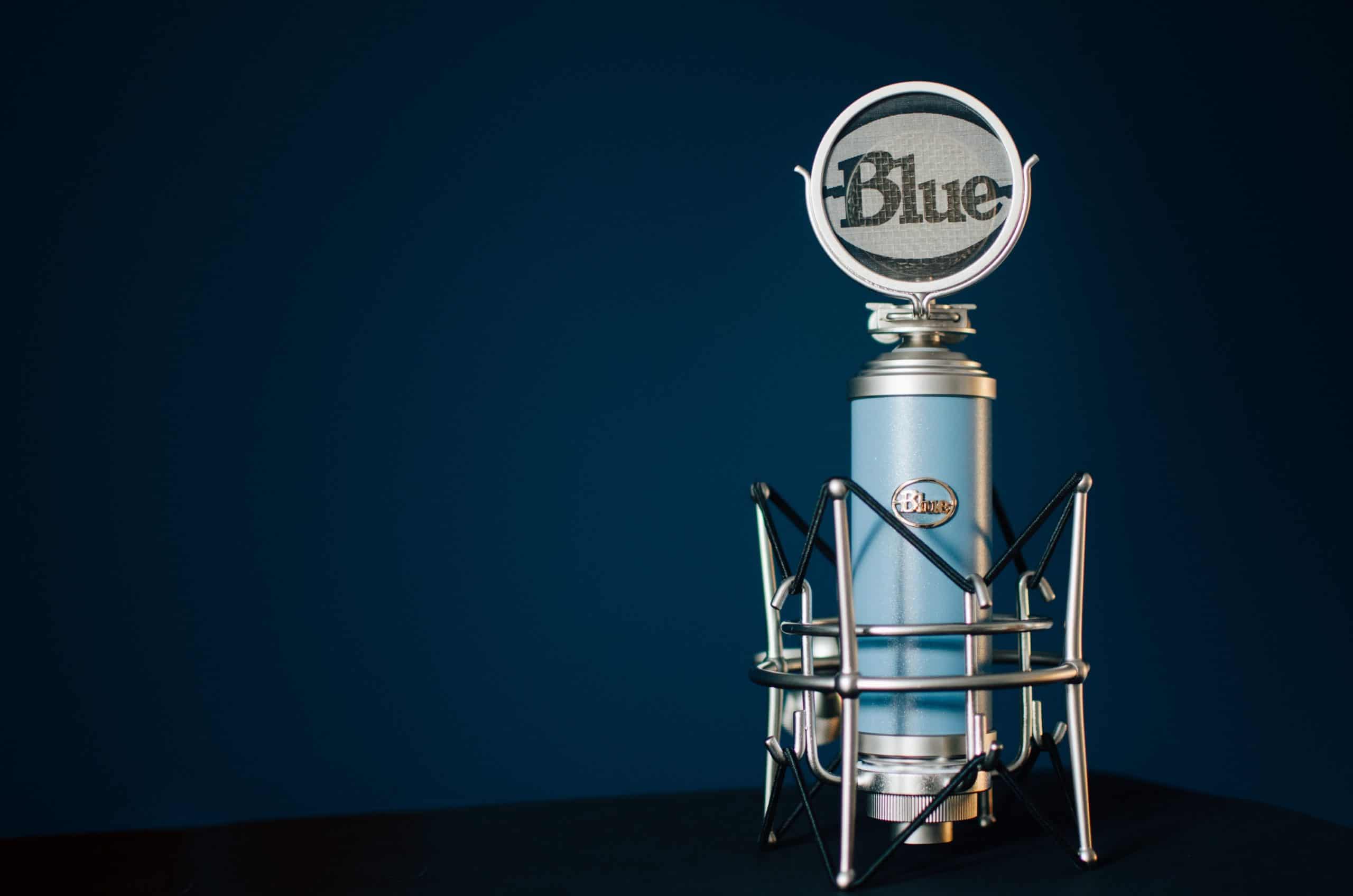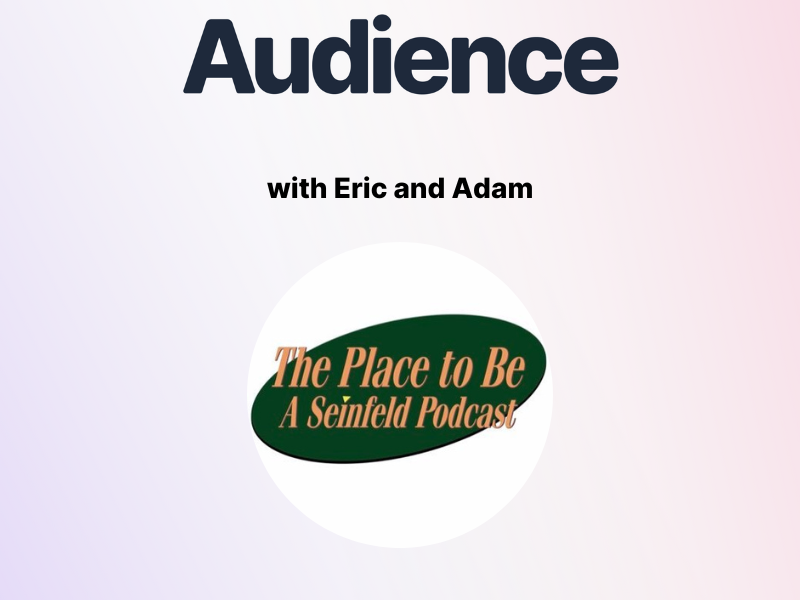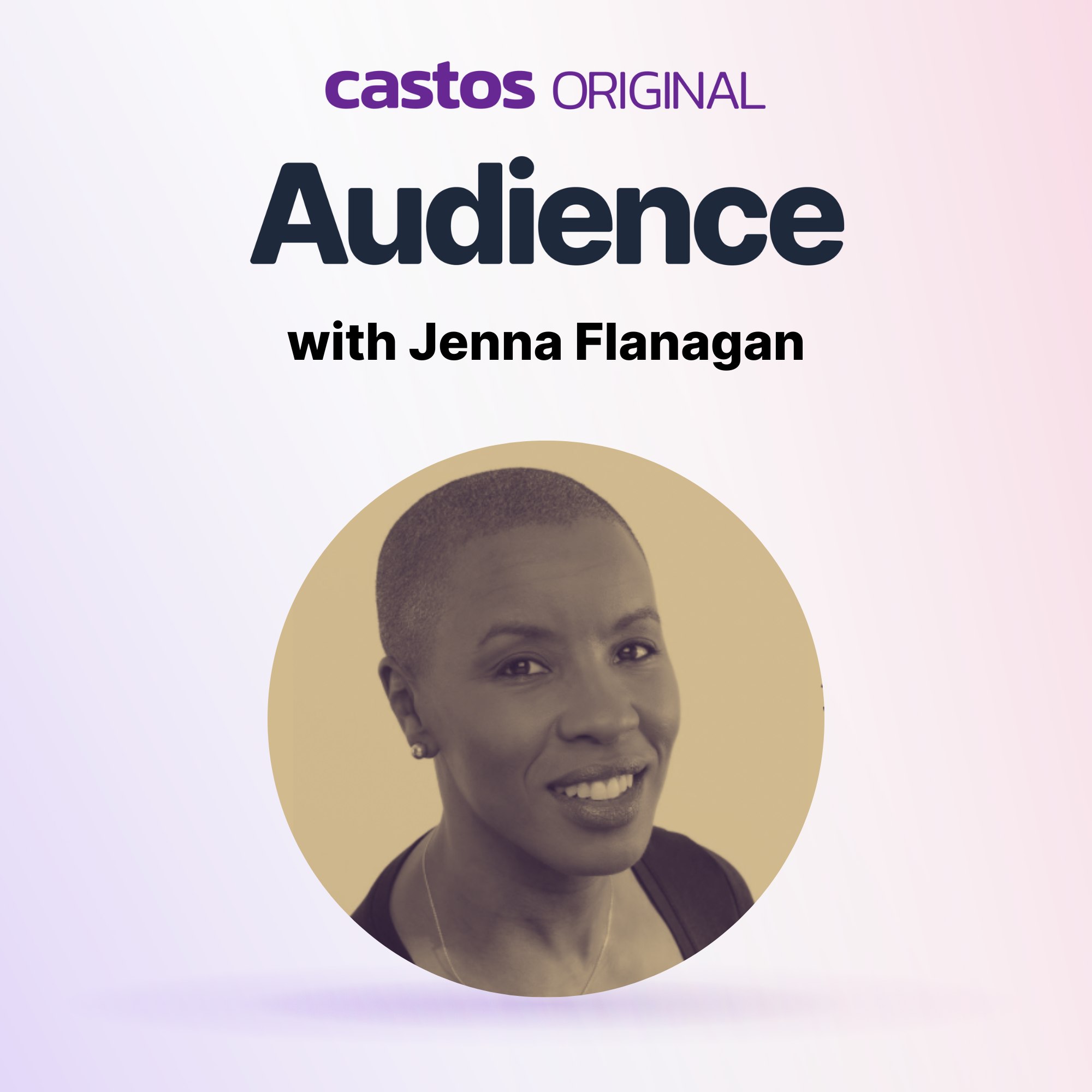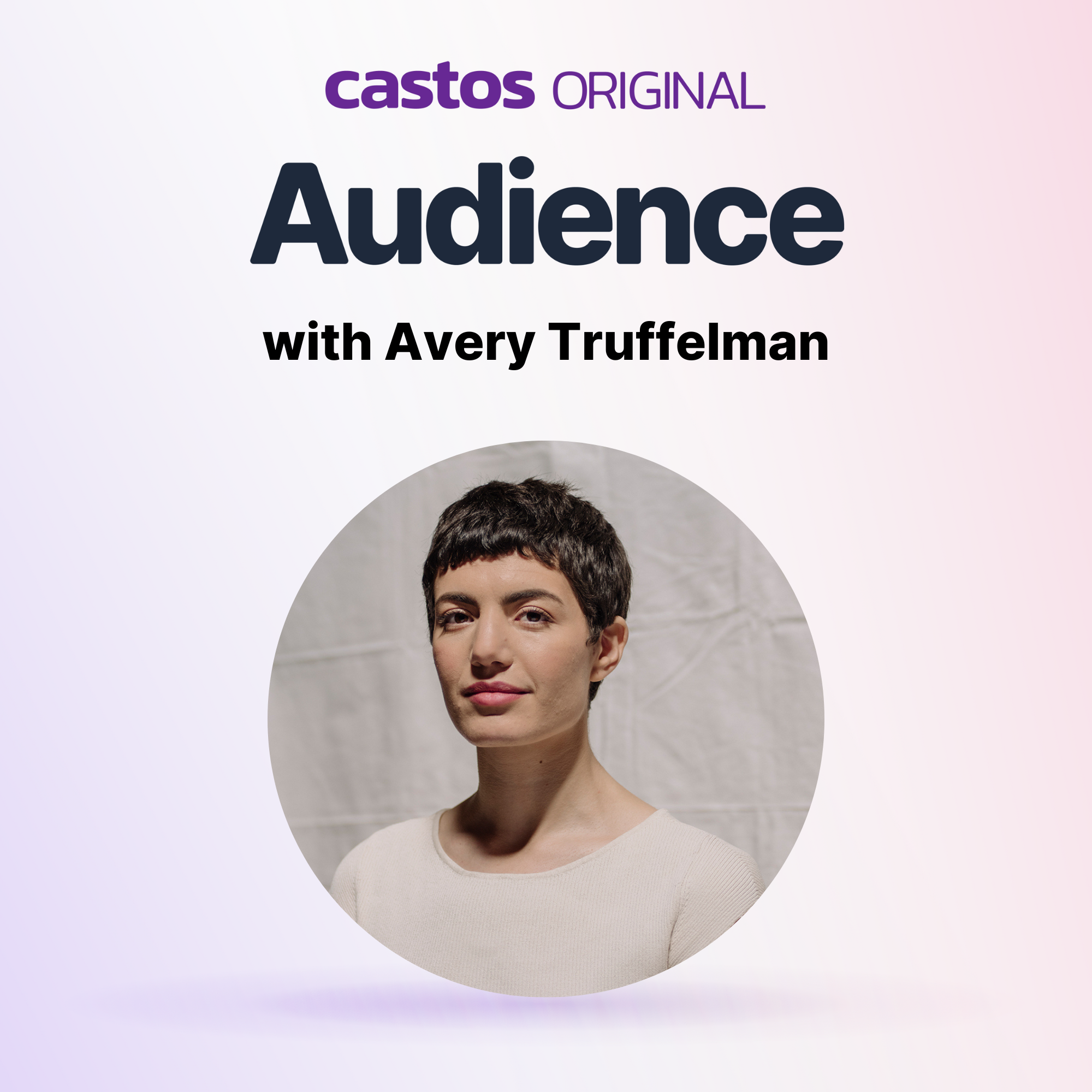Show Notes
Part of the Castos mission is to educate and inspire fellow podcasters. With a whole community of hosts figuring it out and thriving, we launched our new Creator Spotlight series.
Our goal is to feature Castos customers and their podcasts–from how they got started, what their recording setups look like, and highlighting the unique skills they use to create a successful show.
This in our inaugural interview with our first Creator who has something unusual to share. Without further ado, meet:
A Most Unusual T Party
Ever notice how everyone's handwriting is unique? Join professional handwriting analyst, Teresa Abram, as she explores the nuances of the letter T and talks about life with unusual and fascinating guests. If you are curious about what handwriting can reveal, fill your mug and listen in.
Don't miss our Audience episode with Teresa Abram, host of A Most Unusual T Party. In her own words, she describes her show, the intricacies of graphology, and why podcasting has fulfilled her creative side and bolstered her business.
How do you make your podcast?
Every podcaster has a unique setup and production process. So here's how Teresa transforms an idea into an episode.
- Microphone: Blue Snowball microphone with a foam windscreen. The mic sits on top of a foam yoga block to help dull any reverb.
- Recording & Mixing: I record directly onto my desktop using Zoom. I like Zoom because it records separate audio tracks for each person which makes the post-production work almost fun.
- My Recording Space: I work in a room with soundproof curtains, wall mountings behind the mic, and padding under the door. I'm very careful about not knocking the desk the holds my desktop. I take my sound quality seriously and have a recording space to reflect that.
- Episode Planning & Distribution: I plan out the entire season first: how many episodes, the main theme, number of guests, and if any episodes should have a different structure. I lay out my episode release dates and when I plan to record and edit each at the beginning of each season.
- Editing & Post-Production: This is where I spend the bulk of my time creating A Most Unusual T Party. I use Audacity after I convert the .wav audio file from Zoom to .mp3 using a free online audio converter.
Why did you decide to start a podcast?
Why people decide to start a podcast are all over the map. And really, there's no correct answer. Here's what inspired this host to finally sit down behind the mic.
I started the podcast at the recommendation of my kids because they thought other people would be interested in my handwriting analyses. When COVID-19 hit, my usual business networking stopped so I realized this was a great way to get the word out about my business.
I didn't have any prior podcasting experience so I've relied on the direction and advice from my kids. My son helped me get rolling and even produced my intro and outro. My daughter has been an invaluable source of information about podcasting, editing, and perhaps most importantly, what NOT to do.
What was the biggest obstacle you overcame in starting your podcast?
With any new project, there are hurdles that need to be conquered. These are the obstacles that initially got in her way.
Asking people to be on the show has been, hands down, the biggest obstacle. But it's also the most rewarding. Given that the A Most Unusual T Party is a new podcast with no real following or large back catalog, I felt people would dismiss my interview request. And rejection hurts!
But I know I can't get to episode 100 without doing episodes 1, 2, and 3 first. So my strategy to overcome this obstacle is to use Mel Robbins' 5 Second Rule. I send out invitations to people who catch my attention, and if I don't hear back from then I don't keep pursuing them. There are lots of fascinating people who are willing to participate. I've kept track and 75% of my requests are accepted and getting those yes's feels real good!
What can fellow podcasters learn from you?
The goal of our Creator Spotlight interviews is to pass our collective knowledge forward. We asked our first Creator to elaborate on the most successful and unique parts of their podcast.
When I set out to create the podcast there were two major challenges I identified: making sure the audience felt included in a reading that is very visual and the other was finding guests.
For the first challenge, I have a big sticky note that reminds me to be descriptive and detailed when talking about the handwriting. I know if the listeners can’t “see” it, I’ll lose them. At the heart of any handwriting analysis is a real person. I'm cognizant and respectful of the fact that a human being has shared a piece of themselves with me. By keeping that in mind, it keeps the analysis focused on my guest, not me.
Using the skills from my wellness coach trainings, I try to create a space of understanding not judgement. It allows the analysis to happen as naturally as possible.
As far as pitching my podcast, I do it entirely through Instagram messaging and email. I keep it pretty simple, with the aim of making it an easy “yes” for them.
Apply to be our next Creator Spotlight
Do you want your podcast featured in our next Creator Spotlight? Apply now for a chance to share your show and podcasting prowess with the Castos community.
We'll continue publishing these interviews each month and plan to create themed roundups featuring the best shows and episodes.






